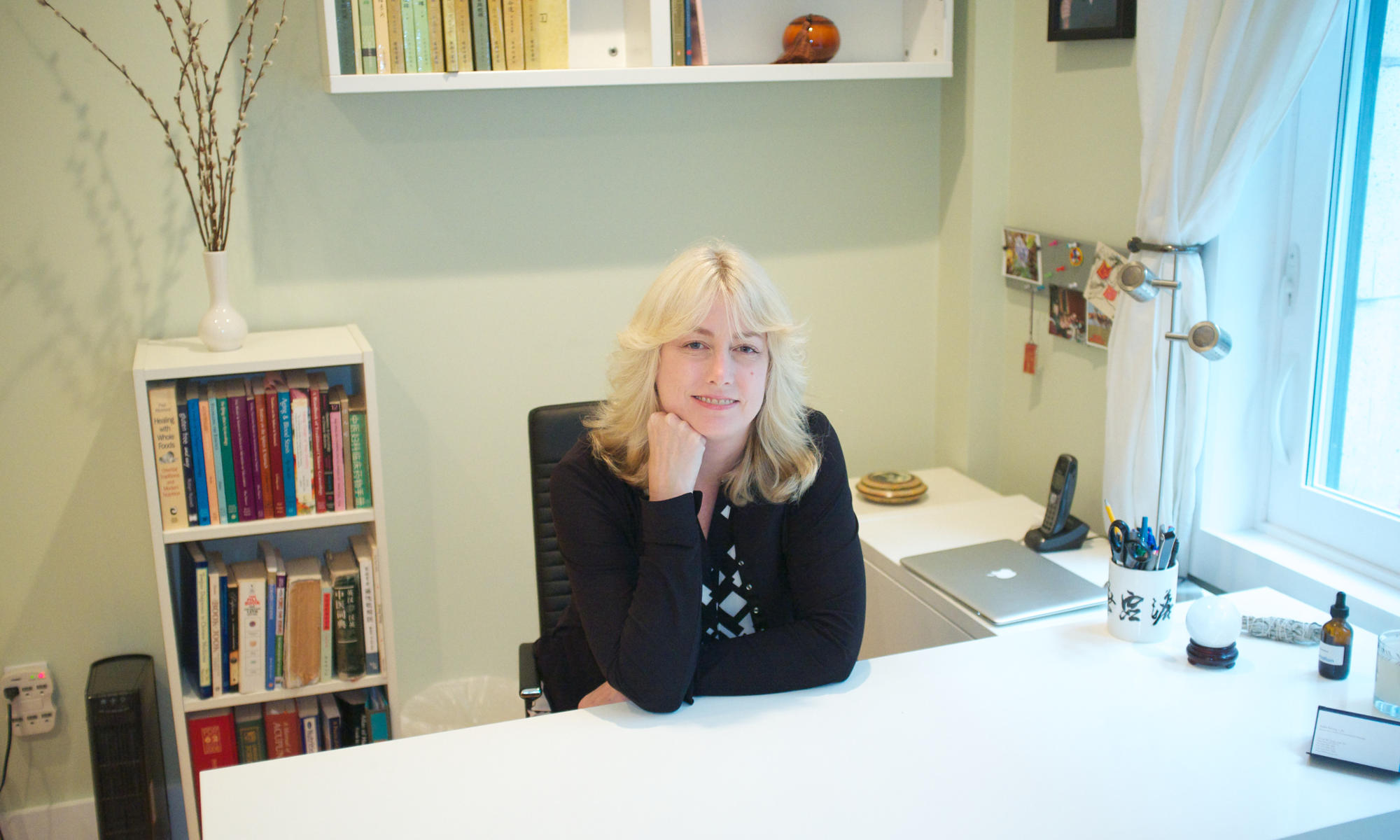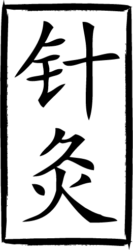My contribution to Gwyneth Paltrow’s GOOP Newsletter for Living by the Seasons – Winter
Chinese New Year, Year of the Tiger

February 14th marks the beginning of the New Year in the Chinese lunar calendar. This is the year of the Tiger. The Chinese ancient pictograph for the tiger is of a crouching tiger, which is a fitting emblem for the New Year. The pictograph depicts a tiger crouching down with his head turned to the side, he is quiet, waiting in peaceful repose. We don’t often think of tigers in their resting state, but all cats know when to pounce and when to be still, and winter is a time to be still.
Living According To The Seasons
In winter the days are shorter with less natural light, which also brings less natural warmth. It is a time to slow down and let our bodies restore and rejuvenate. Going to bed earlier, resting and giving ourselves a chance to catch our breath are all a part of the natural cycle of winter.
All year long we are busy, too busy really. We’re running helter-skelter from this meeting to that meeting, worried about money, too busy to cook dinner, too busy to sleep, too busy to be the tiger in peaceful repose.
So where does all this really get us? Being overworked and chronically stressed tax the adrenals, the gland associated with the fight or flight response. When the adrenals are constantly employed for energy it can lead to morning anxiety, insomnia, blood sugar problems, and a disruption in the endocrine system. This only necessitates working more to make the money needed to support all of the doctor’s bills, acupuncture appointments, and yoga classes required to feel better. So what can we do when we find ourselves in a hyper-adrenalized state?
Adrenaline
First, let’s try to understand what is happening in the body when it is overworked and chronically stressed. When we are working too hard, our body begins to produce adrenaline. Adrenaline is a hormone produced by the adrenal glands located on the kidneys. It is a stress hormone involved in the fight or flight response. It keeps us going when we are taxed and need to tap into our reserves to make it through a stressful time. The adrenals are akin to our emergency battery – they keep the lights on when the power is out. If we live under constant stress (like many of us do) the system begins to break down and our bodies become depleted. We can’t live on adrenaline, on the emergency batteries, forever.
Recharge Your Batteries and Start Living Healthy
One thing I have come to appreciate in all my years of studying Chinese Medicine, and working with so many patients, as well as being a lover of the outdoors, is that our individual bodies are a reflection of the environment. The same things that are healthy and good for our bodies are equally good for the environment.
I’m going to ask you to please slow down a little. Use this season to begin to understand in a new way the natural rhythms of the earth.
Winter is the season for quiet repose, a natural time to unwind, slow down and let the adrenal glands replenish. Just think of the bears in hibernation and the trees losing their leaves and returning nutrients to their roots. Winter is the season of conservation and storage, a natural time to restore and recuperate.
Change One Habit
How can you begin to let your activities, and your time for rest, mirror the quietness and coldness of the winter months? Of course it would be extreme to forgo all of your work and priorities to simply lock yourself in and hibernate for the winter, but can you take at least one step? Can you make one small change at the beginning of this New Year to form one new habit, which will bring you warmth and a little peace through this cold winter?
Start by modifying your eating habits by adding a few new good foods to your list. During this time of year, winter squashes and root vegetables are very good to cook. Dried mushrooms are a potent tonic for the lungs and seasonably available. Parsley is a savory winter green full of Vitamin C. Dried goji berries and walnuts are also good; try adding them to hot cereal. Definitely avoid cold and raw foods, as they are particularly hard to digest right now. The following recipes and home remedies will recharge the kidneys and adrenals during the winter months. Add these food to your winter repertoire and you’ll be sure to feel a positive difference.
The key to Chinese Medicine, and to these home remedies, is consistency. The potency of the effects builds slowly in your system over time, and it is the slow steady changes that are the longest lasting and most healing.

In peaceful tranquility quiet your mind, then empty and erase your mind of thoughts.
Written by the grand master and doctor Mu Wee Dang at the age of 91.
For Winter Home Remedies and Self Care, check out:



